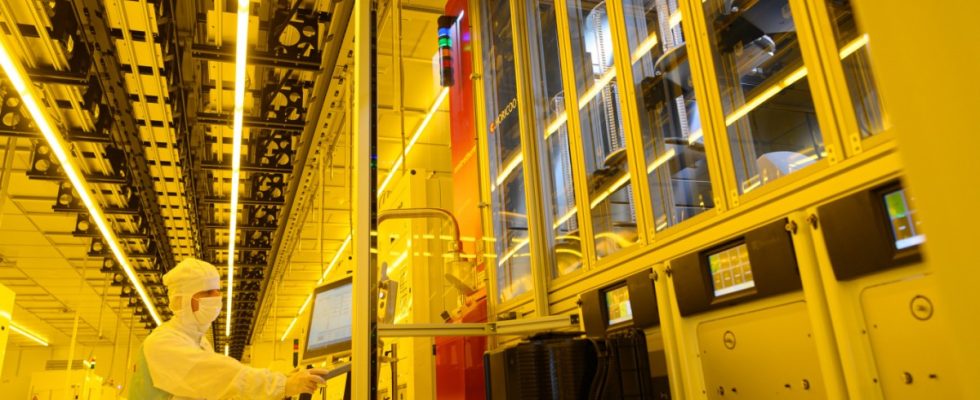The gentlemen gathered on the podium agree on one point: the matter of semiconductors is too big to simply be designed “on the drawing board”, as Economics Minister Hubert Aiwanger (FW) puts it. The only question that the group of politicians and business representatives asked themselves was how to outline the whole thing in more detail. And there are many fields of action, “not only with energy prices,” says Andreas Schwaiger, Germany boss of the semiconductor manufacturer Texas Instruments. If you follow his words, the challenges already start in the curriculum. According to Schwaiger, there is not enough demand for technology in schools. It is necessary to define “completely new approaches” there as well.
Welcome to the Bavarian Semiconductor Congress in Munich: a conference where a lot comes together thematically, even if it sometimes doesn’t seem to come together. Hardly anything works in Bavaria’s industry without chips & co. Electronic components are needed for cars as well as for coffee machines. Nevertheless, they are always in short supply. At the same time, Bavaria’s room for maneuver is limited. Most of the valuable commodity is produced elsewhere, primarily in Taiwan.
So what could the future of chips & co. look like? The semiconductor congress is looking for answers to this – and finds more question marks. That is entirely intentional. The conference is backed by the Ministry of Economic Affairs and an alliance it initiated in 2021, which is intended to organize more exchange in the industry. After all, that will become clear on Monday: One way for Bavaria could be to have a say, if not in the manufacture of semiconductors, then in their development more than before. The current funding also aims in this direction.
In any case, the big goal is to become at least a little more self-sufficient when it comes to semiconductors, both in Bavaria and in the European Union. But the challenges to be solved for this remain great. The complex of demographic change and shortage of skilled workers, for example, can only be grasped to a limited extent in state politics alone. Making supply chains more crisis-proof, on the other hand, is primarily the task of companies. The biggest challenge, however, from Economics Minister Aiwanger’s point of view: the current tensions between China and Taiwan. Should they escalate, “then we’ll be left stranded”. One might add: once again.

